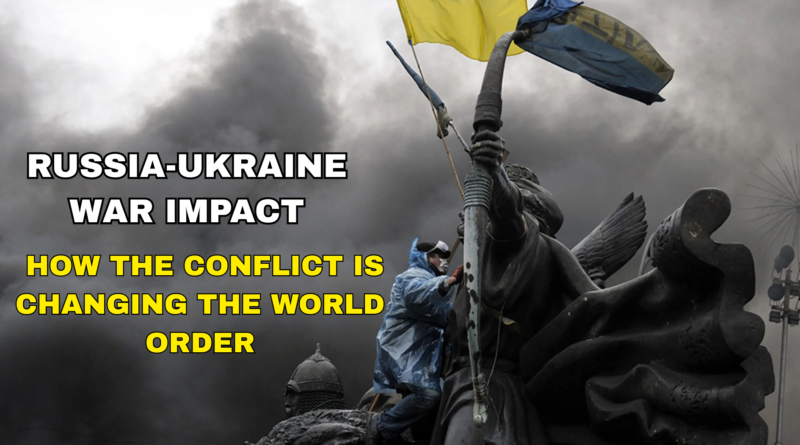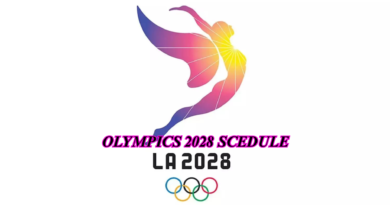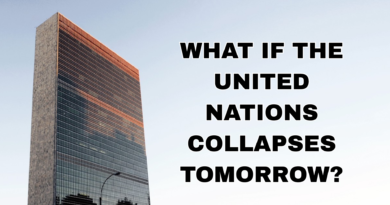RUSSIA-UKRAINE WAR IMPACT: HOW THE CONFLICT IS CHANGING THE WORLD ORDER
The Russia-Ukraine war, which started in February 2022, is one of the most important events of the 21st century. It is not just a fight between two countries, but a conflict that has shaken the whole world. The war has created a new balance of power, affected global trade, increased tensions among countries, and changed the way people think about security and peace. Let us look at how this conflict is changing the world order.
1. A Challenge to Global Peace
For many years after World War II, the world believed that large-scale wars in Europe were a thing of the past. But Russia’s invasion of Ukraine broke this belief. The attack showed that even in the 21st century, military power and land disputes still exist. This has forced countries to rethink their security policies and alliances.
2. The Role of NATO and the West
The war has made NATO (North Atlantic Treaty Organization) more powerful and united. Before the war, some people said NATO was becoming weak and less important. But when Russia attacked Ukraine, Western countries quickly came together. They supplied weapons, money, and political support to Ukraine. New countries like Finland and Sweden, which were neutral for decades, also joined NATO for protection. This shows that the West is once again standing strongly together.
3. A Divided World
The war has created a sharp divide in the global order. On one side, there are Western countries such as the US, UK, and European Union members who strongly support Ukraine. On the other side, countries like China, Iran, and North Korea have leaned toward Russia, directly or indirectly. Many nations in Asia, Africa, and Latin America are trying to remain neutral, but they are still affected by rising prices and political pressure. This division is slowly shaping the world into two big camps, similar to the Cold War era.
4. Energy and Economy
One of the biggest impacts of the war is on global energy supplies. Russia is one of the world’s largest suppliers of oil and natural gas. When Western countries put sanctions on Russia, it reduced the supply of energy. This led to higher prices across the world, especially in Europe, which depended heavily on Russian gas. Many countries started searching for new energy sources like renewable energy, US gas, and Middle Eastern oil. This shift is speeding up the global move away from fossil fuels.
The war has also disrupted global trade. Ukraine is a major exporter of wheat, corn, and sunflower oil. Because of the conflict, food supplies have been blocked, and many countries in Africa and Asia are facing shortages. Inflation has increased in many countries, making life harder for ordinary people.
5. Rise of Military Spending
Another big change is in defense spending. Countries that once cut their military budgets are now increasing them. Germany, Japan, and many European nations are spending billions to modernize their armies. This shows that the world is preparing for a more dangerous future, where wars may not be rare.
6. Impact on Developing Nations
The war has badly hurt poor and developing nations. Higher food and fuel prices have made life harder for millions. Many countries that were just recovering from the COVID-19 pandemic are now struggling with debt, inflation, and unemployment. This has created more inequality between rich and poor nations.
7. The Role of China
China is playing a key role in this conflict. While it has not directly supported Russia with weapons, it has increased trade with Moscow and provided political cover in international forums. At the same time, China presents itself as a possible peace broker. The war has pushed Russia closer to China, creating a stronger partnership between the two. This is worrying for the West, which sees China as its biggest long-term rival.
8. Technology and Cyber War
The Russia-Ukraine war is not only fought on the battlefield but also in cyberspace. Cyber-attacks, drones, satellite technology, and digital propaganda are being used on a large scale. This shows how future wars will be different from past ones. Technology is becoming just as important as tanks and missiles.
9. The Human Cost
While the political and economic changes are huge, the human cost is even greater. Millions of Ukrainians have become refugees. Thousands of civilians have been killed. Cities have been destroyed. Families have been torn apart. The suffering of ordinary people is a reminder that wars bring pain and loss above everything else.
10. The Future World Order
The Russia-Ukraine war has already changed the world, but its final outcome is still unknown. If Ukraine manages to resist and rebuild, it could inspire smaller nations to stand up against bigger powers. If Russia gains territory, it could encourage other strong countries to use force to get what they want. Either way, the world is moving toward a period of uncertainty, where power, security,
and alliances will matter more than ever.
Conclusion
The Russia-Ukraine war is more than just a regional conflict. It has changed the way nations think about peace, security, energy, economy, and power. It has brought back memories of the Cold War, but in a modern form. The world order is shifting, and countries are preparing for a more competitive and divided future. The biggest lesson from this war is that global peace cannot be taken for granted-it must be protected every day through cooperation, dialogue, and respect for international rules.




